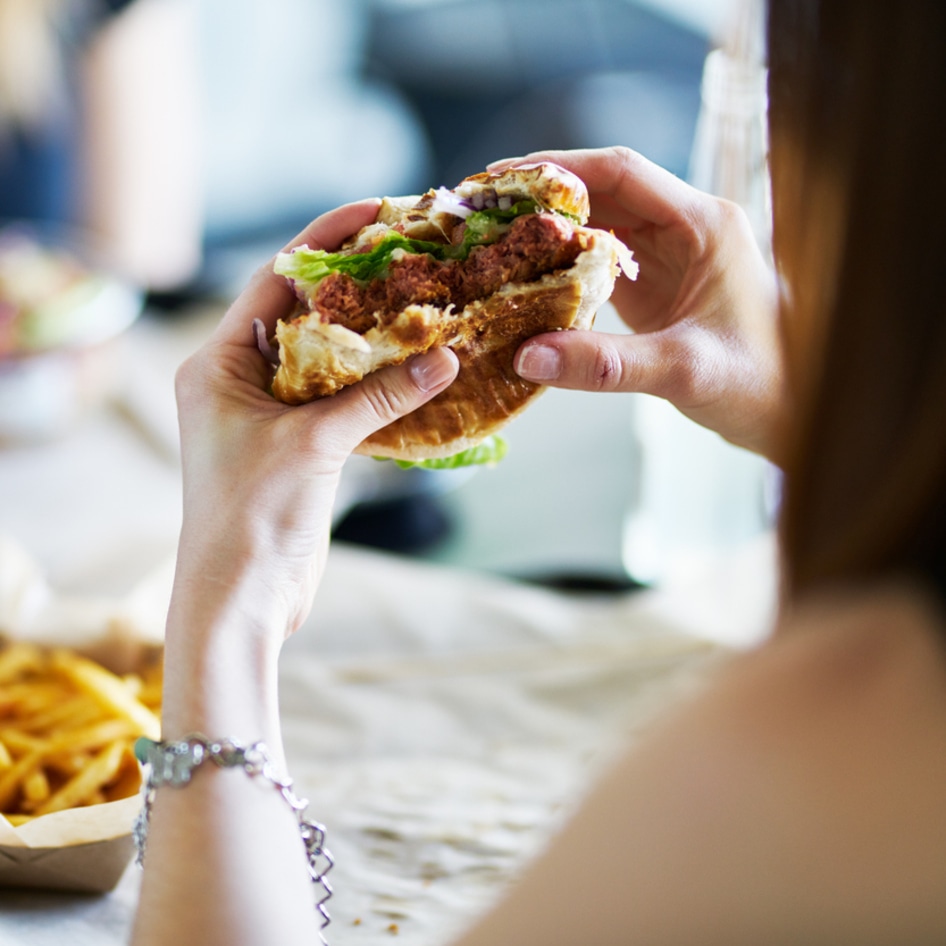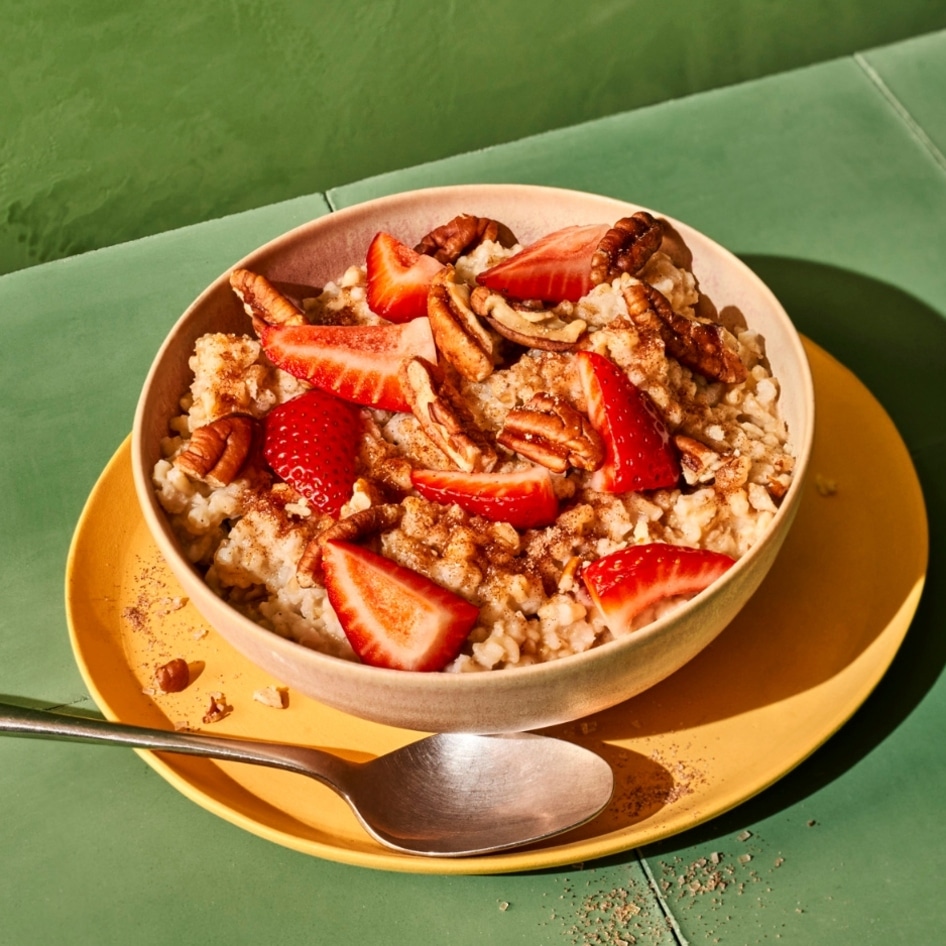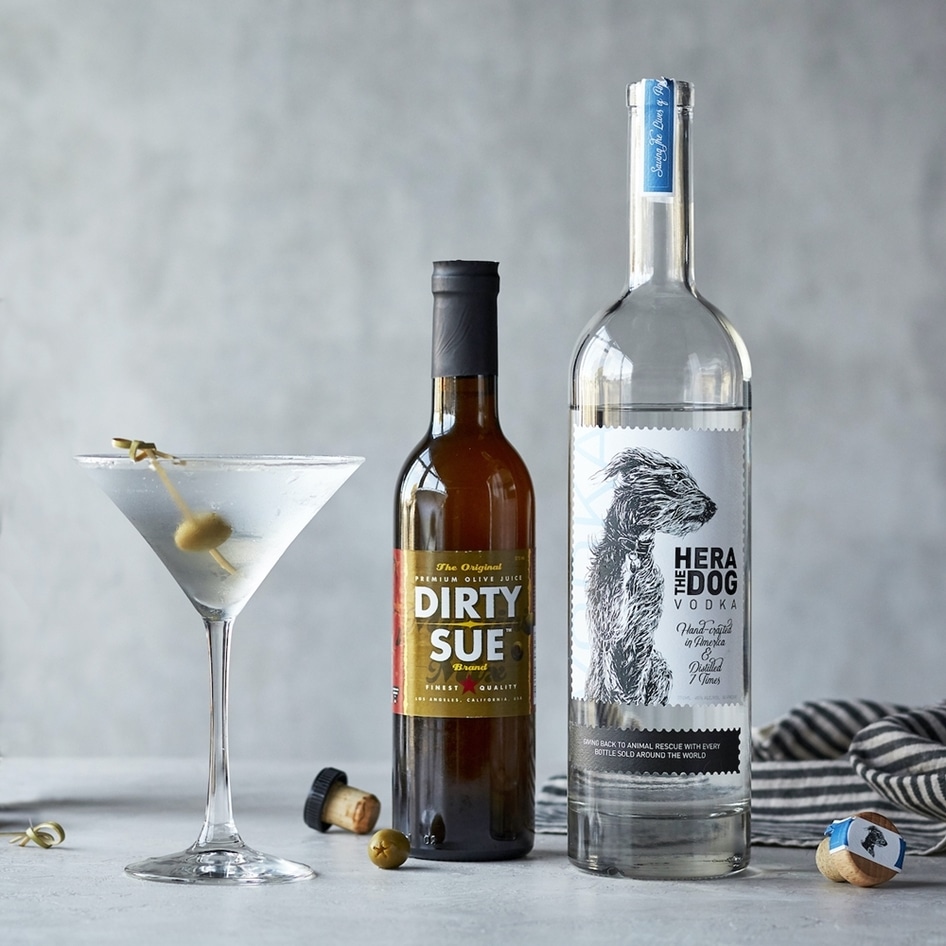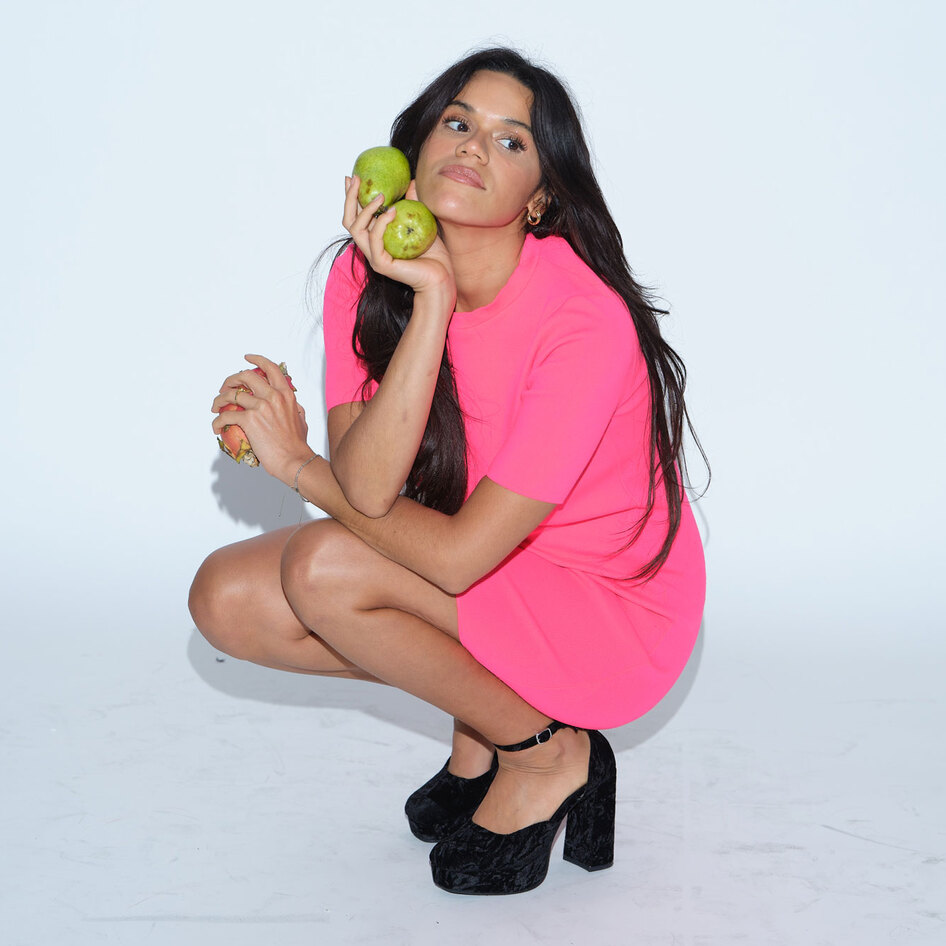Is So-Called Clean Meat Vegan? Paul Shapiro Has the Answer
Clean meat is the future, and the future is (almost) now.
January 2, 2018
Paul Shapiro has been a passionate animal advocate since he founded Compassion Over Killing in 1995, building it from a high school club to a national organization before he left to join The Humane Society of the United States, where he has served as a spokesperson and a vice president. A TEDx speaker and an inductee into the Animal Rights Hall of Fame, Shapiro is a well-known authority on animal welfare and animal advocacy who has published dozens of articles in publications, ranging from daily newspapers to academic journals. His just-released book, Clean Meat: How Growing Meat Without Animals Will Revolutionize Dinner and the World, explores the fascinating—and potentially planet-saving—world of cultured meat. In an exclusive interview, Shapiro tells VegNews why vegans shouldn’t be afraid of “clean meat” and why this new innovation could change every aspect of the food industry.
VegNews: There are many things about “lab-grown meat” that seem strange, but the book makes a good case for the importance of clean meat. What arguments for supporting this new industry do you find most convincing?
Paul Shapiro: The problem of factory farming is just so severe that you need multiple solutions. Just as with fossil fuels, you don’t want just one alternative, like wind. You also want solar and more. Similarly, plant-based meats are a great solution to the factory farming problem, but you also want other alternatives, including clean meat. Also, sometimes when people think of new food technology, they think of large corporations seeking to make a buck. But in the clean-meat movement, these are small start-ups pioneered by people who want to save the world in a novel way, and that’s why they’re doing this. We ought to consider their motivations and root for their success.
VN: Is clean meat vegan?
PS: It’s not an alternative to meat: It is meat. The cells grow as they would in an animal’s body, which creates actual meat, not a meat alternative. So, clean meat isn’t really for vegans. Clean meat will be for people who are more likely to go to KFC. The goal is to provide a type of meat that meat eaters can consume while causing much less harm. All that said, for vegans who are vegan solely to avoid harming animals, clean meat does seem to alleviate that concern.
VN: There are so many benefits to clean meat—preventing animal suffering, improving the environment, saving the rainforests—but there’s also been resistance. What do you think is most important for people to consider in opening their minds to clean meat?
PS: Just think about the way we produce meat right now, and ask ourselves which is preferable: how we do it now, or growing meat outside of animals’ bodies? Today, animals are subjected to torturous conditions, they live in their own feces, they don’t see the light of day, they don’t set foot on a blade of grass, and when it’s time to send them to slaughter, most people would prefer not to hear about it. When you consider how inhumanely and unnaturally meat is produced, clean meat seems like the naturally preferable option.
VN: Millions of dollars are being invested in clean meat, but what can the average person do to help promote and support these new innovations?
PS: There’s no clean meat on the market, but this will likely change in a matter of years, not decades. In order to support these companies now, it’s critical that those who want them to succeed discuss the benefits publicly—on social media, for example. There are a number of misconceptions, and it’s important to stress that even fruit and vegetables are products of science—seedless watermelon is hardly a product of nature, for example, yet we still love them. Clean meat does use food technology, but it’s somewhat similar to other technologies that we already embrace.
VN: As a longtime vegan, you were impressed with the clean meat you tasted. Do you see yourself being a regular consumer once clean meat is widely available?
PS: I ate it for the purpose of the book and didn’t have ethical qualms about it, but I’ve been vegan for 24 years and am content enjoying a plant-based diet. I don’t have any concerns about clean meat and would be happy to occasionally consume it, but I have no desire to add it to my regular diet.
Midge Raymond is the author of the novel My Last Continent and co-founder of the boutique environmental publisher Ashland Creek Press.
JUMP TO ... Latest News | Recipes | Guides | Health | Shop







